What is Mandibulectomy Surgery?
A mandibulectomy is a surgical procedure involving the partial or complete removal of the mandible, which is the lower jawbone. This procedure is typically performed to remove tumours or abnormal growths in the jawbone, often as part of treatment for oral cancer.
Mandibulectomy Types
Depending on the extent of the tumour or condition, different types of mandibulectomy may be performed:
- Marginal mandibulectomy is a surgical procedure that involves the removal of only a small portion of the mandible (lower jawbone) along the edge or margin of the bone. This procedure is often performed to treat certain types of tumours or lesions that are located close to the edge of the jawbone.
- Partial Mandibulectomy involves removing only a portion of the mandible, usually to remove a small tumour or lesion.
- Segmental Mandibulectomy involves removing a larger segment of the mandible, often necessary for larger tumours or more extensive conditions.
- Hemimandibulectomy involves removing half of the mandible, either the right or left side.
- Total Mandibulectomy involves removing the entire mandible.
| Procedure Name | Mandibulectomy |
|---|---|
| Type of Surgery | Major |
| Type of Anesthesia | General Anesthesia |
| Procedure Duration | 2-4 hours or more (depending on the amount of resection) |
| Recovery Duration | Few weeks |
Mandibulectomy: Pre-Op & Post-Op Care
Before Mandibulectomy Surgery
Initial consultation includes preoperative surgical evaluation and imaging.
During Surgery:
- The patient is prepared for surgery, by administering anaesthesia, and an incision is made in the skin and soft tissues overlying the mandible to expose the jawbone.
- Depending on the type of mandibulectomy, the surgeon removes the appropriate portion of the mandible. This may involve cutting the bone using a saw or other surgical instruments.
- The surgeon carefully removes the tumour along with a margin of healthy tissue to ensure that all cancerous cells are excised.
- After the mandible has been removed, the surgeon may perform mandibular reconstructive surgery to restore the appearance and function of the jaw. This may involve using bone grafts, implants, or other techniques to rebuild the jawbone.
- Once the bone has been removed and any necessary mandibular reconstruction has been completed, the surgeon closes the incision with sutures or staples.
- After the surgery, the patient is monitored closely for any complications. Pain management, wound care, and rehabilitation may be necessary, depending on the extent of the surgery.
Recovery after Mandibulectomy Surgery
The recovery time for mandibulectomy can vary depending on the extent of the surgery and individual factors. Physical therapy and speech therapy may be needed to help the patient regain jaw function and adjust to any changes in jaw structure.
Benefits of Mandibulectomy at Yashoda Hospitals
- Removal of Tumour: Mandibulectomy is often performed to remove tumours of the jaw, including oral cancer.
- Improved Quality of Life: Mandibulectomy can improve quality of life by relieving pain, reducing infection risk, and restoring normal jaw function.
- Advances in Surgical Techniques: Allows for jaw reconstruction and restoring functionality
- Improved Oral Health: By removing diseased or damaged tissue, reducing the risk of infections





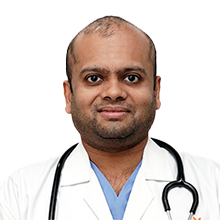


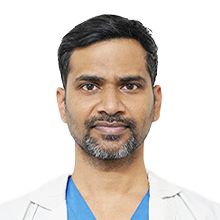
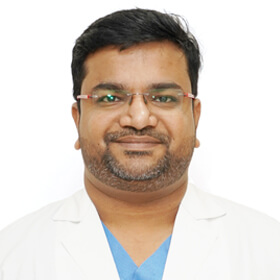
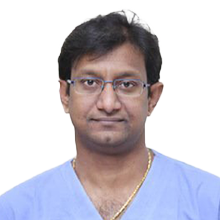
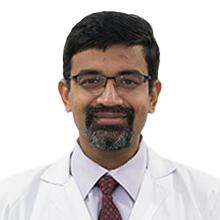
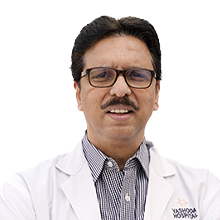
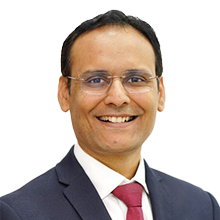
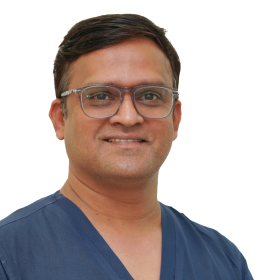












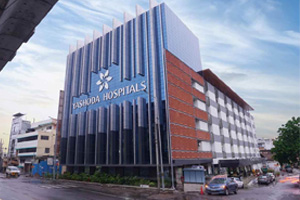
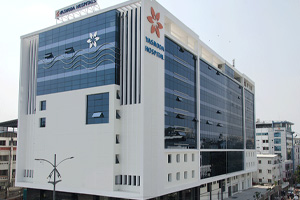
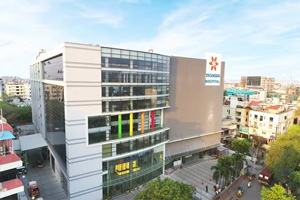
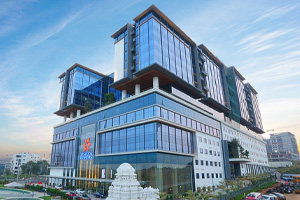
 Appointment
Appointment WhatsApp
WhatsApp Call
Call More
More